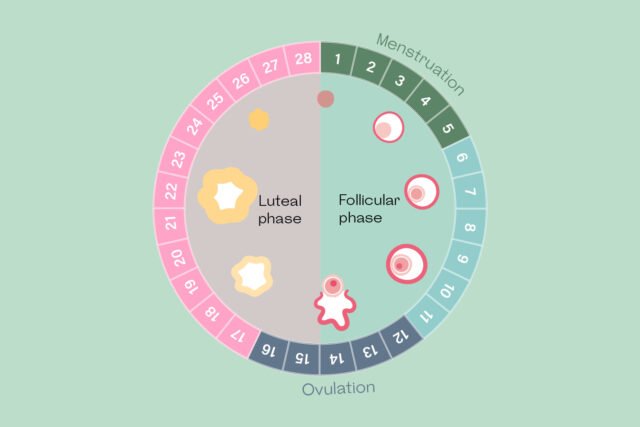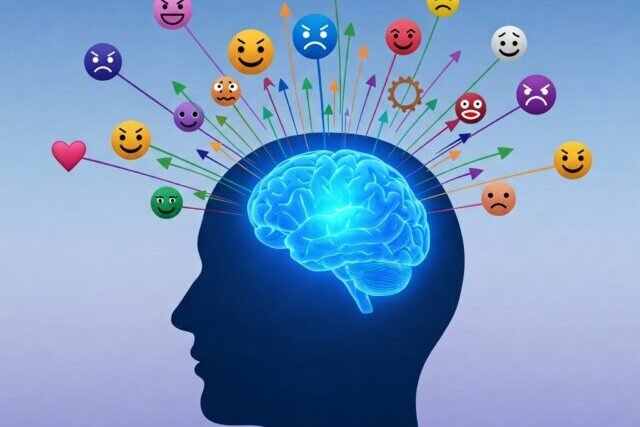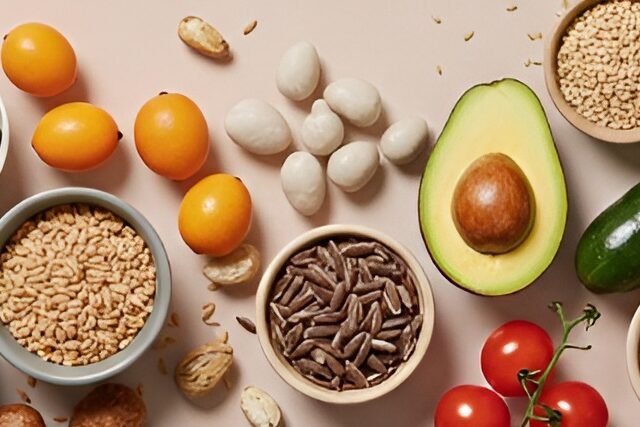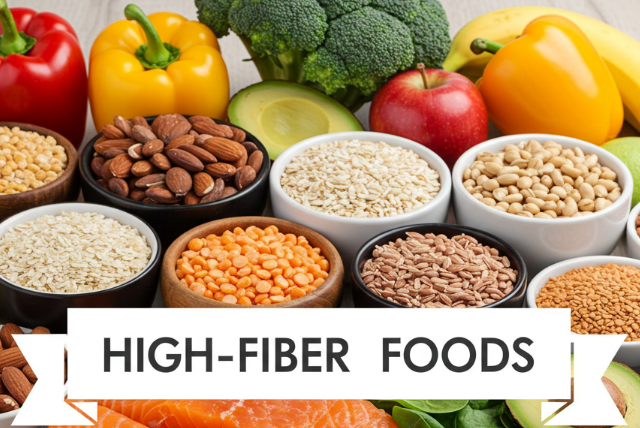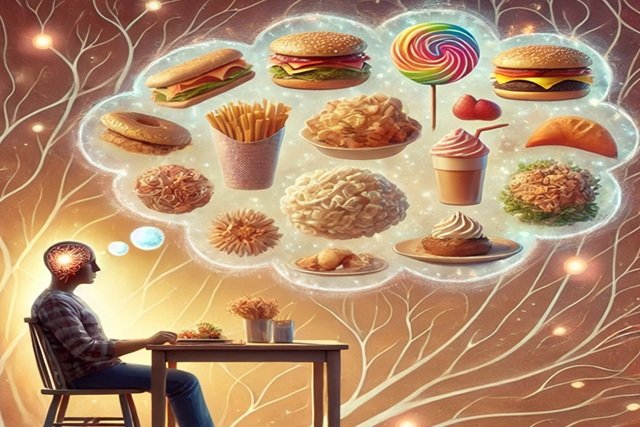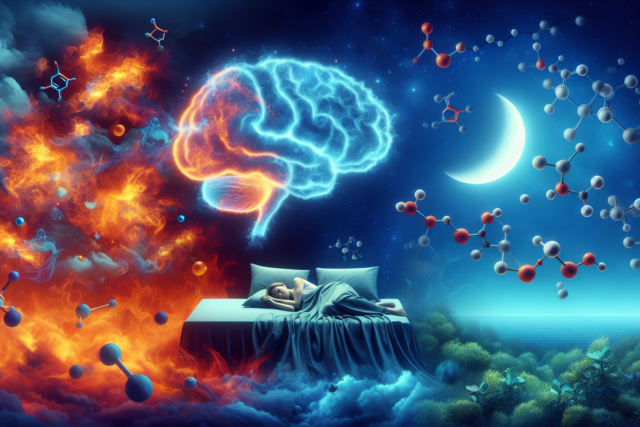
*This post may contain affiliate links. Read more.*
Introduction
Perimenopause (the transitional phase before menopause) can turn even the best sleeper into a restless, night-sweat-drenched insomniac. Research shows that nearly 60% of perimenopausal women struggle with sleep disruptions due to hormonal fluctuations, stress, and temperature dysregulation (Harvard Health).
A 2023 Mayo Clinic study revealed these women lose an average of 1.5 hours of sleep nightly for 3-7 years—that’s over 1,600 hours of lost rest! The culprit? A “perfect storm” of:
✔ Estrogen withdrawal destabilizing the hypothalamus (your body’s thermostat).
✔ Cortisol dysregulation from stress and blood sugar swings.
✔ Thermoregulation failure, causing sudden heat surges.
This article dives into peer-reviewed solutions to reclaim restorative sleep.
1. Why Perimenopause Disrupts Sleep
Hormonal Chaos: The Estrogen-Cortisol Tango
- Estrogen’s role: It boosts serotonin (a sleep-prep neurotransmitter) and stabilizes body temperature. When levels drop, the hypothalamus misfires, triggering hot flashes and night sweats that interrupt deep sleep.
- Cortisol’s sabotage: Stress or late-night eating spikes cortisol, which blocks GABA (your brain’s “sleep switch”). A 2022 Journal of Clinical Endocrinology & Metabolism study found perimenopausal women have 28% higher nighttime cortisol than premenopausal peers.
🔬 Key Science:
- Women with frequent night sweats show 40% less REM sleep—the phase critical for memory and emotional processing (Sleep Medicine Reviews).
- Genetic link: Those with certain TRPM8 gene variants suffer more severe temperature dysregulation.
🛠 Actionable Fixes:
→ Track triggers with a sleep journal (note alcohol, spicy foods, stress timing).
→ Cooling hack: Place a frozen water bottle at your feet (major heat-release zone).
2. Science-Backed Sleep Fixes
Diet: The Low-GI Solution for Stable Blood Sugar
High-glycemic-index foods (white bread, sugar) spike insulin at night, disrupting sleep architecture. A Harvard trial found switching to low-GI meals (e.g., lentils, nuts, berries) improved sleep quality by 30% (Harvard Health).
Try This:
- Dinner combo: Wild salmon (rich in vitamin B6 for melatonin production) + quinoa (magnesium for muscle relaxation) + kale (calcium aids tryptophan absorption).
- Bedtime snack: Almond butter + celery (protein + fiber prevent glucose crashes).
Temperature Control: The 65°F Sweet Spot
- Pre-chill your bedroom to 65°F (18°C), the ideal temperature for sleep onset.
- Phase-change cooling pillows (used in hospitals) absorb heat during night sweats. A 2021 Sleep Medicine study showed they reduced awakenings by 35%.
Mind-Body Hacks to Lower Cortisol
- 4-7-8 breathing: Inhale 4 sec, hold 7, exhale 8. This activates the parasympathetic nervous system in 5 minutes (NIH study).
- Legs-up-the-wall pose: 10 minutes before bed drains fluid from overstressed adrenals.
3. When to Seek Professional Help
Red Flags (Beyond Normal Insomnia):
- Waking up gasping (possible sleep apnea, linked to 3x higher CVD risk in perimenopause).
- Chronic fatigue despite 7+ hours in bed (check thyroid/adrenals : 40% of perimenopausal women develop subclinical hypothyroidism).
Proven Medical Interventions:
- Hormone therapy (HT):
- Low-dose transdermal estrogen (patches/gels) improves sleep in 70% of women with fewer risks than oral pills (NAMS 2023 guidelines).
- Progesterone’s role: Promotes deep sleep but may cause grogginess : work with a doctor to balance doses.
- Cognitive Behavioral Therapy for Insomnia (CBT-I):
- More effective than sleep meds long-term, with a 75% success rate in clinical trials.
- Involves sleep restriction (temporarily reducing time in bed to consolidate sleep) and stimulus control (bed = sleep only).
Conclusion
Perimenopause sleep struggles aren’t “just aging”, they’re a treatable neuroendocrine puzzle. By combining:
✔ Low-GI nutrition to stabilize blood sugar,
✔ Preemptive cooling to outsmart hot flashes,
✔ Cortisol-taming techniques like 4-7-8 breathing,
…you can reclaim deep, restorative sleep without relying on sedatives.
📌 Your Next Steps:
- Try one low-GI dinner this week (e.g., chickpea curry + broccoli).
- Chill your pillowcase in the freezer for 10 minutes pre-bed.
- Share this article with a fellow perimenopausal warrior!
💬What’s your #1 sleep disruptor—hot flashes, anxiety, or something else?
#hormonal insomnia #menopause transition #night sweats remedies #perimenopause sleep #women’s health




